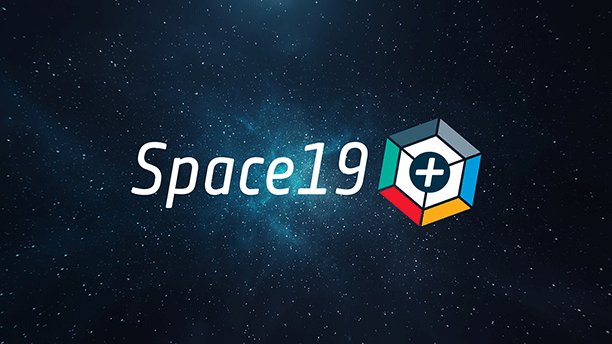The Space19+ agreements bode well for GMV’s future

Under the name of “Space19+” ESA’s Council at Ministerial Level, with Spain in the chair, met up on 27 and 28 November in Seville (Spain) to approve the ESA budget and its breakdown over the next five years.
Every three years ESA’s Ministerial Councils bring together all 22 Member States plus EU observers to decide on the new funding proposals and national subscriptions over the upcoming years. As well as the ESA Director General, Jan Wörner, and other agency high-ups, the meeting assembles ministers with responsibility for space activities in Europe.
Space19+ wound up by endorsing the most ambitious plan to date for the future of ESA and the whole European space sector, greenlighting a 14.3-billion euro budget, 5% up on the budget of the previous Ministerial Council. It was also decided to divide it out among ESA’s four pillars: science and exploration; space safety (newly created, including space-debris and asteroid-deflection projects); applications (embracing satellite-navigation, earth-observation and telecommunications programs); and enabling and support (launchers, ground stations and related infrastructure).
During the meeting the Member States had to approve a wide range of programs in order to guarantee Europe’s independent access to and use of space in the 2020s, lever Europe’s growing space sector and facilitate revolutionary discoveries about the earth, the solar system and the universe, acting at the same time with responsibility to support safety efforts and protect our planet.
The Space19+ agreements mean that for the first time in 25 years, there will be a significant boost in funding for ESA’s world-class and inspirational science program, pushing back the boundaries of our understanding of who we are and where we come from.
Europe will also take its place at the heart of space exploration going farther than ever before, renewing its commitment to the International Space Station until 2030 as well as contributing vital transportation and habitation modules for the Gateway, the first space station to orbit the Moon. Member States also confirmed European support for a ground-breaking Mars Sample Return (MSR) mission, in cooperation with NASA. In this whole area GMV has great expectations too, not only in lunar missions but also MSR, where GMV is playing a key role in both the Earth Return Orbiter (MSR-RO) and the Sampling Fetching Rover (SFF).
ESA will help develop the commercial benefits of space for innovators and governments across the Member States, boosting competitiveness in the NewSpace environment. Furthermore, ESA’s commitment to next-generation launchers and satellite navigation and communication, with Galileo as the flagship, reinforces GMV’s leadership role in Galileo itself and vindicates the company’s ongoing, years-long investments in the development of cutting-edge technology in both areas.
Nor is that all. ESA’s world-leading position in Earth observation will be strengthened with the arrival of 11 new missions, in particular addressing topics linked to climate change, Arctic and Africa. GMV itself has long been participating in important earth-observation projects under the Copernicus program, in the areas of Environment, Emergency and Safety. So this ESA commitment bodes equally well for GMV’s future participation.
ESA’s activities. This will lead to new projects in terms of keeping the space environment operational – through the removal of dangerous debris and plans for automation of space traffic control – and early warnings and mitigation of damage to Earth from hazards from space such as asteroids and solar flares. Space surveillance is an area where GMV already boasts a leadership role that now looks set to go from strength to strength. Approved programs include the HERA planetary defense mission, where GMV is responsible for the guidance, navigation and control system, the mission’s veritable brain.
GMV’s space activity ranges very widely. At the moment the company boasts over 1000 engineers, almost all of them working on space missions. Technology-development programs are also crucial for GMV, so the decisions taken in Space19+ will enable GMV to continue expanding the company and creating jobs over the coming years.
The complete list of decisions taken in Space19+, including the exact subscription of each Member State, can be checked out at:
Photos: ESA